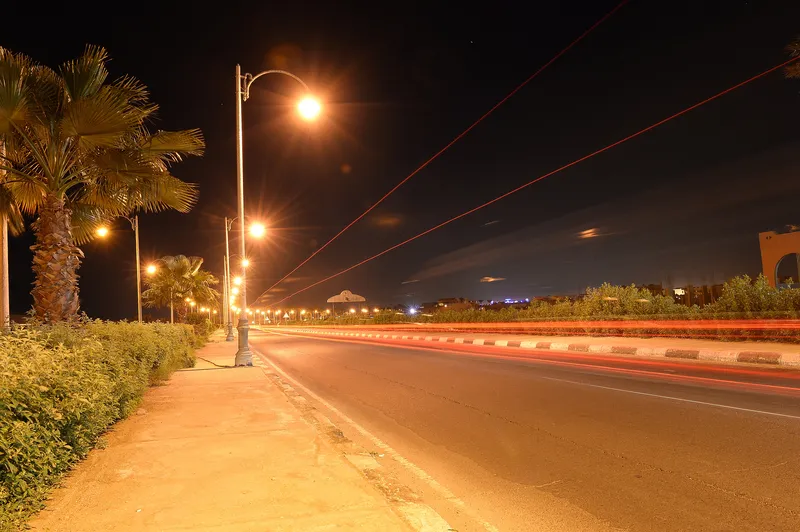The Illinois Environmental Protection Agency (EPA) has pledged approximately $19 million in its first round of funding to help transit agencies invest in cleaner modes of transport.
This initial round has been distributed to local companies as part of the Driving a Cleaner Illinois Programme – an initiative which seeks to improve air quality in the state by removing old diesel engines from service.
Funding is expected to provide clean air benefits for working families and children in ‘environmental jus
December 13, 2018
Read time: 2 mins
The Illinois 1999 Environmental Protection Agency (EPA) has pledged approximately $19 million in its first round of funding to help transit agencies invest in cleaner modes of transport.
This initial round has been distributed to local companies as part of the Driving a Cleaner Illinois Programme – an initiative which seeks to improve air quality in the state by removing old diesel engines from service.
Funding is expected to provide clean air benefits for working families and children in ‘environmental justice’ areas – these are areas where 20% of people live in poverty.
The Illinois EPA expects the approved projects to eliminate 290 tonnes of nitrogen oxide emissions per year. These initiatives include:
• Metra, a commuter railroad operator, will receive $14 million to replace eight diesel passenger trains with Tier 4 cleaner diesel models. These trains will travel through environmental justice areas as they transport passengers to and from Union Station.
• Pace Suburban Bus Service will receive $2.3m and the Chicago Transit Authority will have $1.9m to replace nine old diesel public transit buses. Six new compressed natural gas vehicles will mainly operate out of Markham in Southern Cook County, reaching job centres in Monee, Joliet, Lombard, Rosemont and Schaumburg. Also, three all-electric public transit buses will travel through environmental justice areas of Chicago.
• School bus operator Cook-Illinois will receive $474,000 and First Student will use $280,000 to replace three diesel school buses with all-electric versions. The first new bus will provide a service for the Chicago Public School District and transport children to school on the west side of Chicago. The other two all-electric buses will take children to schools in Richton Park and Chicago Heights.
This initial round has been distributed to local companies as part of the Driving a Cleaner Illinois Programme – an initiative which seeks to improve air quality in the state by removing old diesel engines from service.
Funding is expected to provide clean air benefits for working families and children in ‘environmental justice’ areas – these are areas where 20% of people live in poverty.
The Illinois EPA expects the approved projects to eliminate 290 tonnes of nitrogen oxide emissions per year. These initiatives include:
• Metra, a commuter railroad operator, will receive $14 million to replace eight diesel passenger trains with Tier 4 cleaner diesel models. These trains will travel through environmental justice areas as they transport passengers to and from Union Station.
• Pace Suburban Bus Service will receive $2.3m and the Chicago Transit Authority will have $1.9m to replace nine old diesel public transit buses. Six new compressed natural gas vehicles will mainly operate out of Markham in Southern Cook County, reaching job centres in Monee, Joliet, Lombard, Rosemont and Schaumburg. Also, three all-electric public transit buses will travel through environmental justice areas of Chicago.
• School bus operator Cook-Illinois will receive $474,000 and First Student will use $280,000 to replace three diesel school buses with all-electric versions. The first new bus will provide a service for the Chicago Public School District and transport children to school on the west side of Chicago. The other two all-electric buses will take children to schools in Richton Park and Chicago Heights.








